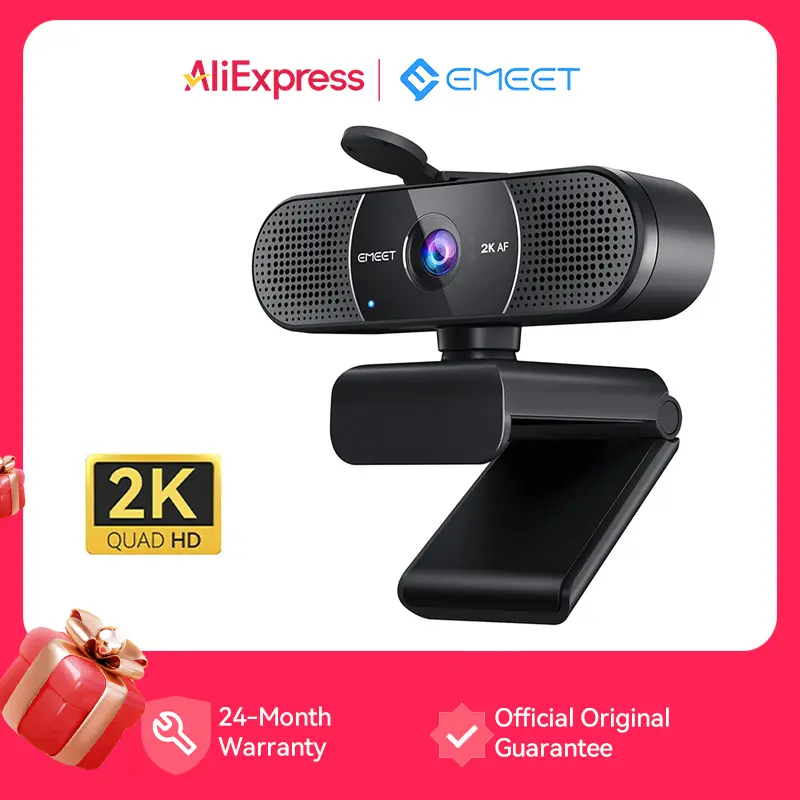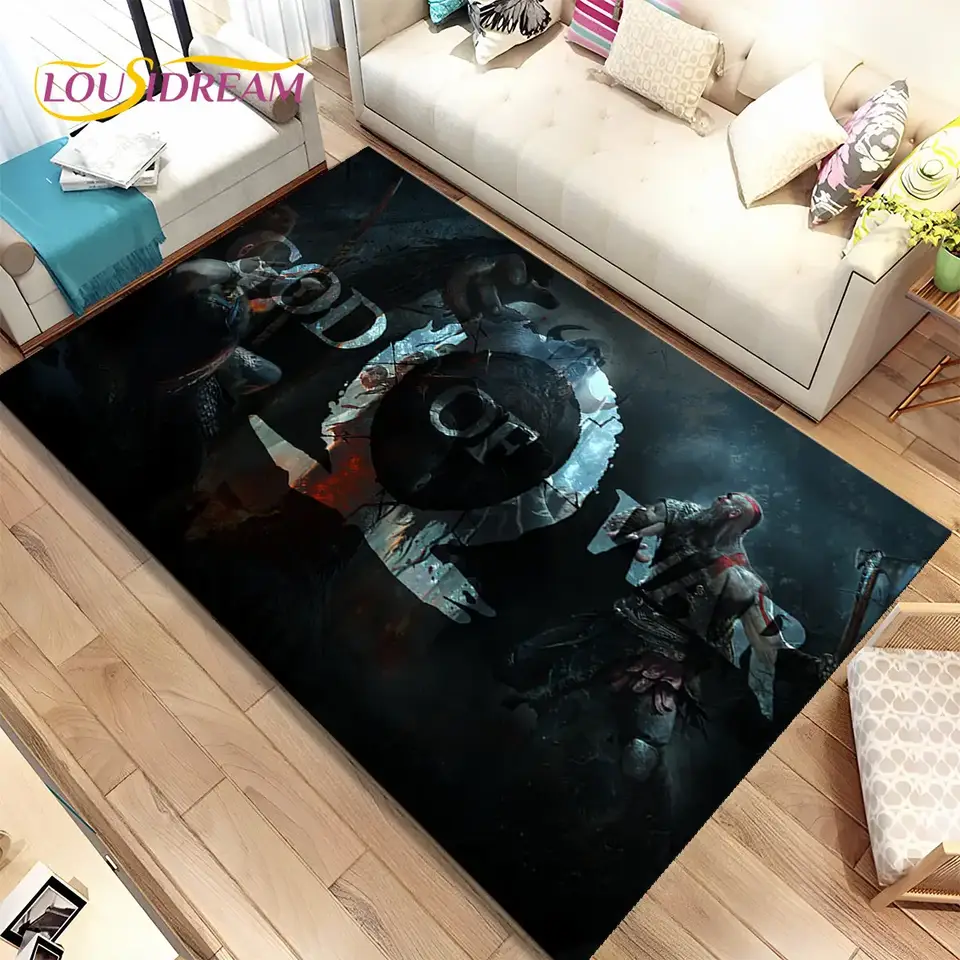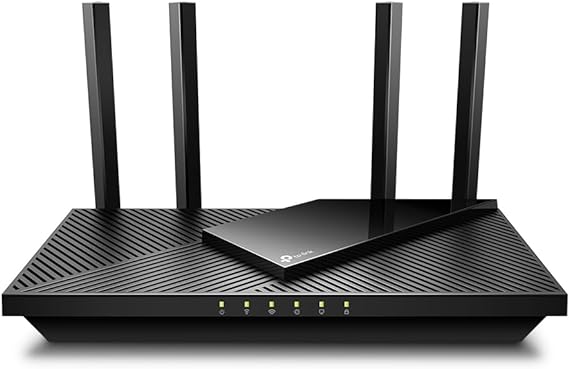📋 Table of Contents:
Mechanical Keyboard vs. Regular Keyboard: Which One is Right for You?
When searching for a new keyboard, you’ll likely come across two main options: mechanical keyboards and regular (membrane) keyboards. Each type features different technologies and designs that impact performance, comfort, and lifespan. In this article, we’ll dive deep into how each type works, their pros and cons, and their impact on typing, gaming, and professional use.
How Do They Work?
Regular (Membrane) Keyboard
Membrane keyboards rely on rubber dome technology, consisting of three main layers:
- Top layer (rubber dome): Contains rubber domes that act as a medium between the key and the circuit.
- Conductive layer: Includes electrical circuits that activate when a key is pressed.
- Bottom layer (plastic base): Forms the keyboard’s main structure.
When a key is pressed, the rubber dome is compressed, touching the conductive layer and sending an input signal to the computer.
Mechanical Keyboard
Mechanical keyboards use individual switches with a spring mechanism, where the signal is activated when the key reaches a specific actuation point inside the switch. These switches are categorized into three main types:
- Linear switches: Provide a smooth keystroke without tactile feedback, such as Cherry MX Red, making them ideal for fast-paced gaming.
- Tactile switches: Offer a slight bump at the actuation point, such as Cherry MX Brown, suitable for typing and general work.
- Clicky switches: Produce an audible click when pressed, such as Cherry MX Blue, preferred by users who enjoy the traditional typing experience.
Performance and Comfort Comparison
1. Typing Experience
- Regular keyboards offer a soft typing experience, but over time, the rubber domes may wear out, making key presses less responsive.
- Mechanical keyboards provide a more precise and smoother typing feel, especially with tactile and clicky switches, which help reduce errors and improve typing speed.
2. Responsiveness and Speed
- Regular keyboards require full key presses to register inputs, which may slow down response time.
- Mechanical keyboards activate at a specific actuation point, meaning you don’t have to press the key all the way down, leading to faster input recognition.
3. Gaming Performance
- Regular keyboards suffer from input lag and key conflicts, meaning they may not register multiple key presses simultaneously.
- Mechanical keyboards support N-Key Rollover, allowing multiple keys to be pressed at once without errors, essential for competitive gaming.
4. Durability and Lifespan
- Regular keyboards typically last for 5-10 million keystrokes, after which the rubber domes lose effectiveness.
- Mechanical keyboards last 50-100 million keystrokes, making them a long-term investment.
Detailed Pros and Cons
Regular (Membrane) Keyboard
Pros:
✅ Affordable: A budget-friendly option for everyday users.
✅ Lightweight Design: Easier to carry and use.
✅ Quieter Operation: Suitable for offices and shared spaces.
Cons:
❌ Shorter Lifespan: Rubber domes degrade over time.
❌ Less Precise Response: Requires more force to press keys.
❌ Not Ideal for Gaming: Lacks support for simultaneous key presses.
Mechanical Keyboard
Pros:
✅ Long Lifespan: Lasts tens of millions of keystrokes.
✅ Fast and Accurate Response: Ideal for both typing and gaming.
✅ Highly Customizable: Switches can be replaced, lighting can be customized, and keys can be reprogrammed.
Cons:
❌ More Expensive: Costs significantly more than membrane keyboards.
❌ Noisier: Some switch types, like clicky switches, can be loud.
❌ Heavier: Bulkier and less portable.
Which Keyboard Should You Choose?
🔹 If you need a budget-friendly keyboard for basic use (browsing, casual typing, office work) → Go with a regular membrane keyboard.
🔹 If you are a writer or programmer who needs comfort and precision → Choose a mechanical keyboard with tactile switches (e.g., MX Brown).
🔹 If you are a professional gamer and need fast response and accuracy → Go for a mechanical keyboard with linear switches (e.g., MX Red).
🔹 If you enjoy the traditional typewriter feel with audible clicks → Opt for clicky switches (e.g., MX Blue).
Final Verdict
Regular keyboards are a good choice for those seeking affordability and simplicity, but they may not provide the best typing or gaming experience. On the other hand, mechanical keyboards offer greater comfort, superior performance, and longer durability, making them an ideal choice for professional typing and gaming.
Ultimately, your decision should be based on your budget, personal preferences, and intended usage. If you want a keyboard that lasts longer and enhances your experience, a mechanical keyboard is worth the investment.

.png)






.jpg)